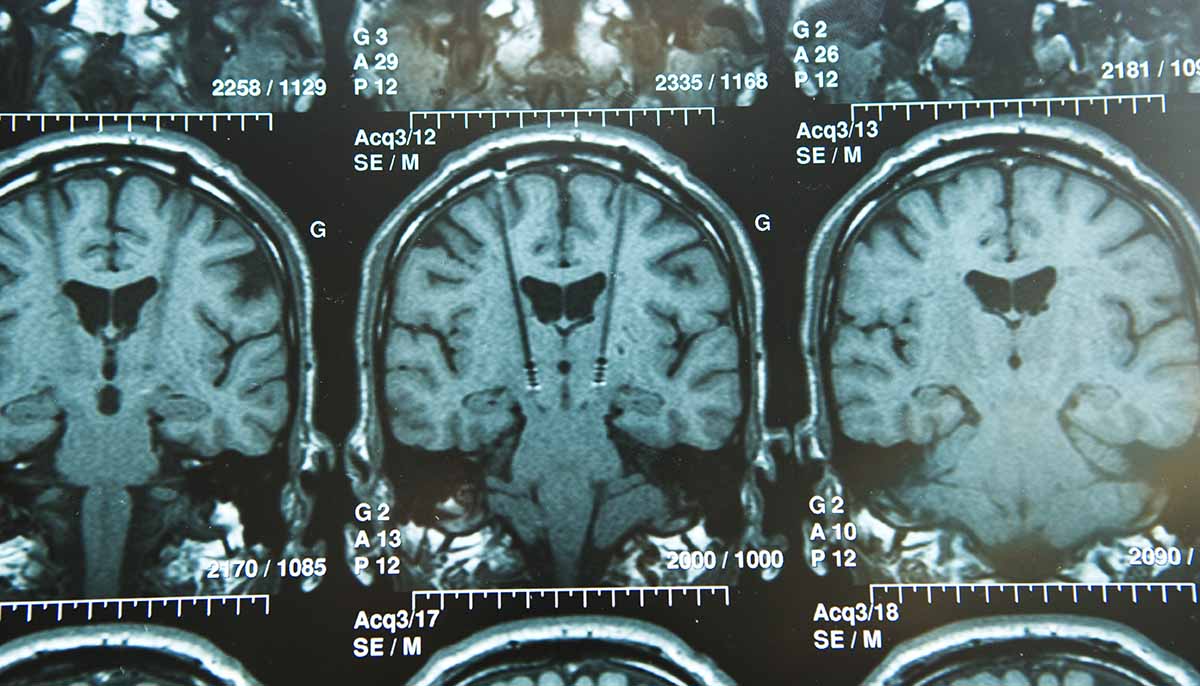Shutterstock
New evidence suggests that COVID-19 can lead to severe neurological complications. The complications can include psychosis, delirium, and inflammation. As a result, scientists are now warning about this new potential wave of coronavirus-related brain damage.

Researchers at University College London (UCL) conducted a study on 43 cases of patients with COVID-19. What the patients had in common is that they suffered either strokes, temporary brain dysfunction, nerve damage, or other serious brain effects.
Additionally, other studies have been conducted that showed similar results. In other words, coronavirus can cause brain damage.
“Whether we will see an epidemic on a large scale of brain damage linked to the pandemic – perhaps similar to the encephalitis lethargica outbreak in the 1920s and 1930s after the 1918 influenza pandemic – remains to be seen,” warned Michael Zandi, who co-led the study.
While COVID-19 is more known for its ability to cause lung damage, there is emerging evidence that suggests that it can have a concerning impact on the human brain. This goes beyond a little headache relief.
Related: Church “COVID party” Results in 17-year-old Girl’s Death
Adrian Owen, a neuroscientist at Western University in Canada spoke with Reuters about his concerns. He worries about how the potential cognitive deficits that COVID-19 can cause could affect the daily lives of those infected.
“My worry is that we have millions of people with COVID-19 now. And if in a year’s time we have 10 million recovered people, and those people have cognitive deficits … then that’s going to affect their ability to work and their ability to go about activities of daily living,” said Owen.
Ross Paterson, who co-led the study, expressed similar concerns.
“Given that the disease has only been around for a matter of months, we might not yet know what long-term damage COVID-19 can cause,” said Paterson. “Doctors need to be aware of possible neurological effects, as early diagnosis can improve patient outcomes.”
As a result, Owen believes that larger, more detailed studies should be conducted.
“This disease is affecting an enormous number of people,” Owen said. “That’s why it’s so important to collect this information now.”
Owens is currently running an international research project. Patients can sign up at covidbrainstudy.com to complete a series of cognitive tests. The tests can see whether or not their brain functions have altered since contracting the disease.
Related: Beloved Actor, 41, Dies From Coronavirus, Fans in Mourning